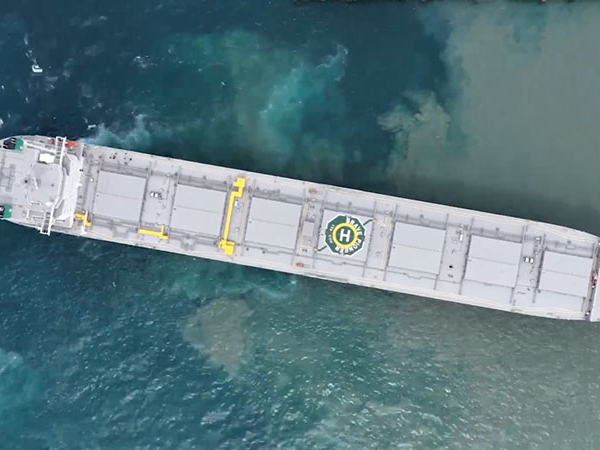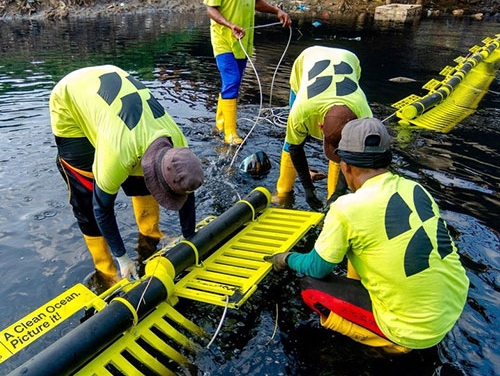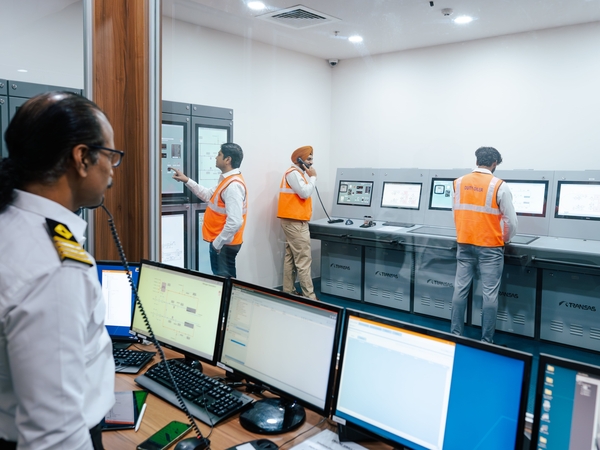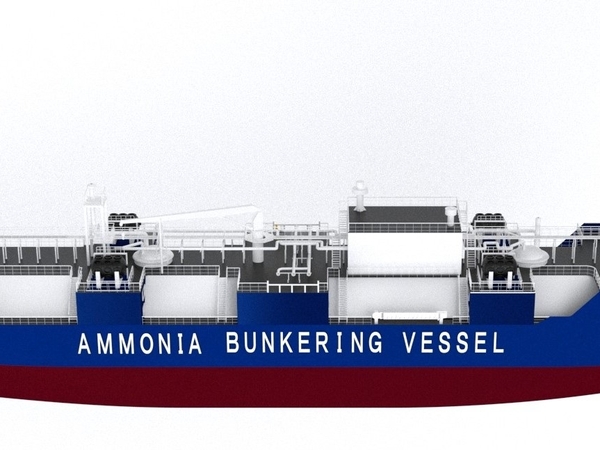
Smuggling Fines, Breach of Customs Regulations and Operational Best Practice
From 20 February 2021, P&I cover in respect of fines for smuggling and breach of customs regulations is amended. It is no longer provided as of right, but only on a discretionary basis.
Smuggling Fines and Discretionary Cover
Organised crime controls large scale smuggling which is increasingly targeting global supply chains and shipping in particular. Authorities are imposing increased levels of fines on shipowners whose ships are found to be involved. Parts of the fines are intended to maximise collective efforts to increase security and prevent smuggling. In most cases, shipowners have no knowledge of or are not involved in the smuggling activities. However, the authorities may accuse and fine them for failing to take adequate preventive measures. In some jurisdictions, the accused must remain in prison for the duration of the pre-trial and trial detention, even if ostensibly innocent.
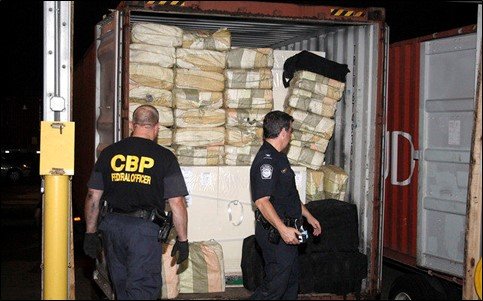
Club Cover
A member can seek reimbursement from the club by proving that they had taken all steps to prevent the smuggling event. This involves detailed scrutiny of the circumstances of the offence and an assessment of the policies and procedures in place. There will be no recovery in the event of any personal act, default or willful misconduct.
Operational Best Practice
The club has outlined the loss prevention measures for shipowners to mitigate the risk of smuggling. The club verifies compliance with these measures while deciding on a claim. Some of the main loss prevention measures being:
- Consider the severity of the threat posed at the specific port. Obtain a comprehensive port update from the local agent before ship’s arrival
- In known drug smuggling areas, consider hiring additional security watchmen. Arrange an underwater hull inspection before departure
- The Master and the SSO must train the crew in the ISPS Code, SSP, security duties, port operations and overall general awareness to reduce the security threats
- Make crew aware of the dangers of using and possessing drugs on board. Brief crew before a port call and warn against any co-operation with the drug traffickers / smugglers. This may not only violate company policy but also result in severe consequences by local authorities
- Install physical barriers to prevent unauthorised access from vulnerable spaces such as rudder trunk, overboard openings, exposed thrusters / propeller etc.
- Arrange additional lighting across all areas on exposed decks to illuminate all possible shadow areas
- Report any suspicious activity observed close to the ship (divers or small boats) to the local authorities
- Carry out a thorough search of the ship before departure and again after disembarking the pilot (before beginning the sea passage). Record all events and searches in the ship’s logbook as well as in the security log by the SSO
Note: Always exercise due diligence to take preventive and deterrent steps to mitigate the risks of smuggling and breaches of customs regulations. It helps when dealing with discretionary claims like this.
Uptrend in Drug Smuggling on Bulk Carriers out of Brazil
Warning: The consequences of drugs smuggling can be severe for both the shipowners and crew.
There are reports of a surge of drug smuggling incidents particularly on bulk carriers sailing out of Brazil. Even though Brazil is not a significant producer of the stimulant drug, it is the second largest consumer. It shares extensive unguarded land borders with the three drug producing countries. These countries use Brazilian ports to smuggle drugs into Europe, Africa and Asia.
Take above-mentioned preventive measures when calling any ports that are susceptible to drug trafficking.
Nigerian Drug Smuggling Cases Increase
There are several reports of ships arrests in Nigeria following findings of drugs during cargo operations. In most cases, the arrested ships had called Brazilian ports immediately before coming to Nigeria. In many cases, drugs were found within the cargo holds.
Significant delays can result from the investigation proceedings initiated by the local authorities. This may lead to loss of hire and potentially other consequential claims from cargo interests or the terminals. The ship and crew members may also be detained by the authorities, sometimes for an undefined period.
Crew members may be kept ashore for interrogation or imprisoned if authorities suspect their involvement in drug trafficking. A substantial fine may also be imposed and / or the ship may be arrested unless satisfactory security is provided. Ship’s crew must co-operate fully with investigating authorities and contact their P&I club representative for assistance.
